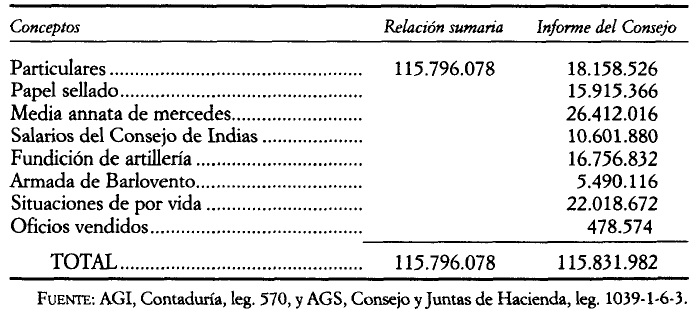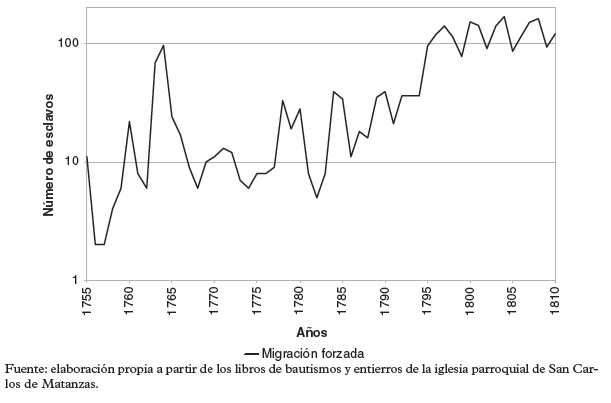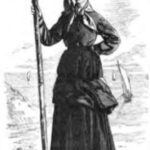The city of Cadiz underwent an economic transformation during the modern age that turned it into one of the most important cities in Europe. The crossroads of trade routes from the Indies, Africa and Asia turned this great city not only into a commercial emporium, but also into a place marked by the presence of allochthonous people who were integrated into servitude and slavery. The study of the profile of the slave is a task that has been undertaken by social history. This type of study has never ceased to be of interest in order to gain a closer understanding of the networks that operated in the transatlantic empires. In this case, the legal status of the parents of these slaves is shown. This type of testimony is made possible by the scrupulousness with which ecclesiastical documents were used to classify individuals and to obtain information about their life trajectory, a documentation that was promoted above all after the Council of Trent. The testimonies describe the situation of the baptised slave in a city as important as Cadiz. Informal links between the progenitors prevailed, as it was not common for the masters to approve of the union between slaves. When this happened, or when another slave became pregnant, they were usually separated so that they could not meet again. This explains why the descendants often did not know who their father was.
Collection: Statistics
Project: 4. Family, daily life and social inequality in Europe., 7. Persecuted by justice and powers: rebels, political dissidents and criminals in the history of Europe.
Chronology: XVII, XVIII
Scope: Secondary Education, Baccalaureate, University
Link: https://rua.ua.es/dspace/bitstream/10045/59304/1/RHM_34.pdf
Resource type: Statistics
Format: Table
Source: Archivo de la Parroquia de Santa Cruz de Cádiz, Bautismos
Language: Spanish
Date: 2016
Owner: Djebril Bouzidi (Modernalia)
Identifier: Archivo de la Parroquia de Santa Cruz de Cádiz, Bautismos
Copyright: © Arturo Morgado García y © Revista de Historia Moderna
Abstract: Legitimacy and legal status of slave fathers in Cadiz from the 17th century to the second half of the 18th century
Tags







